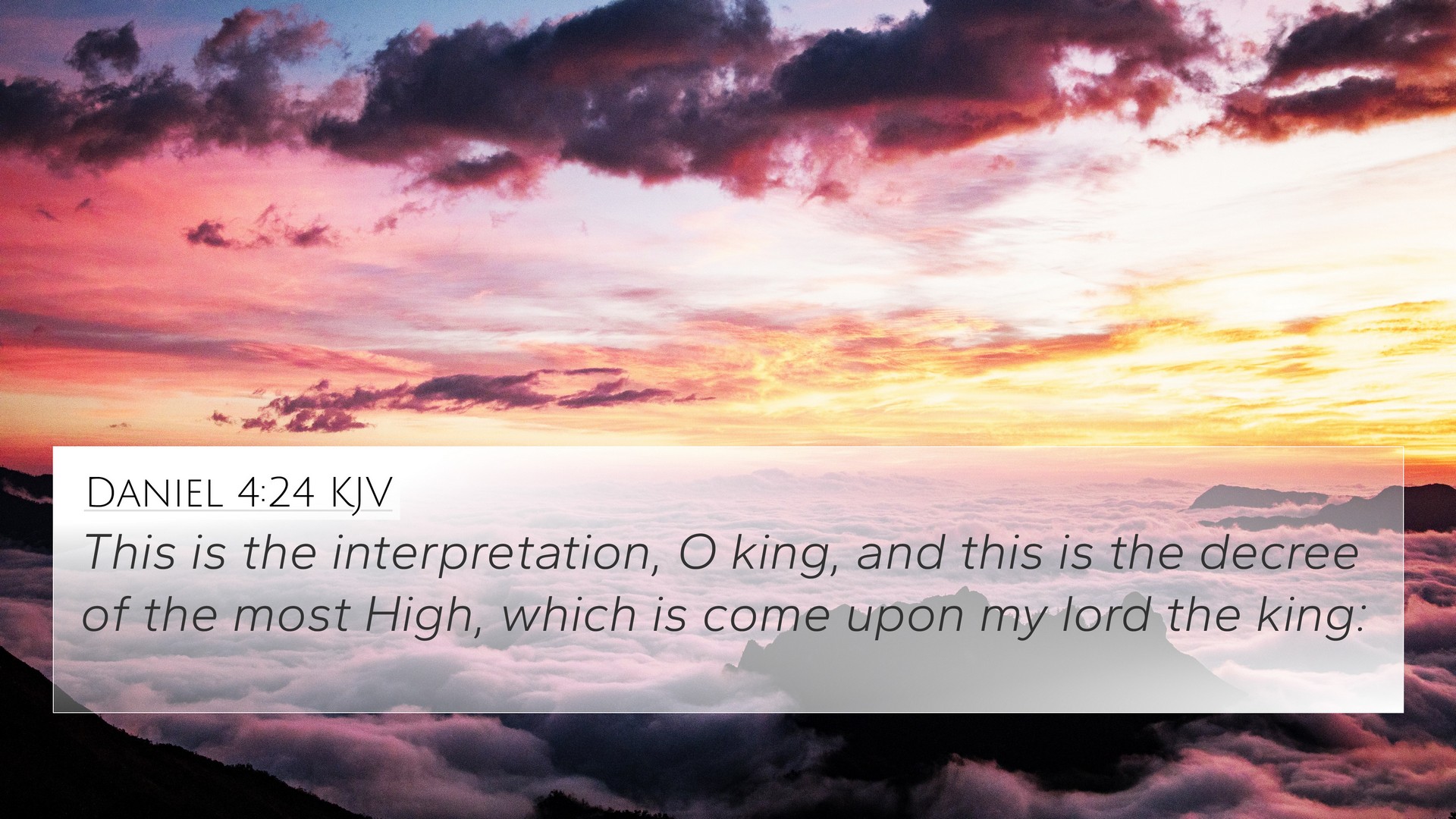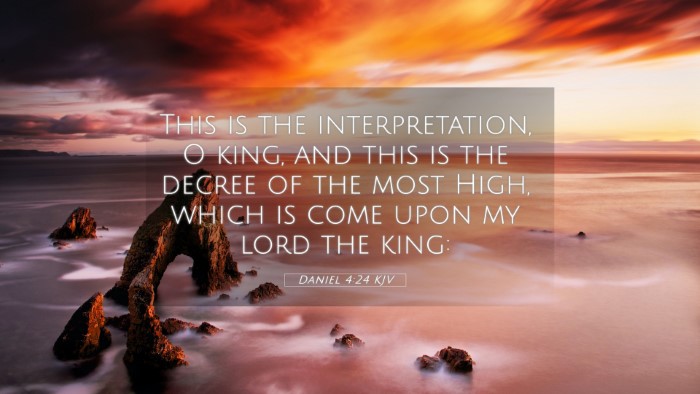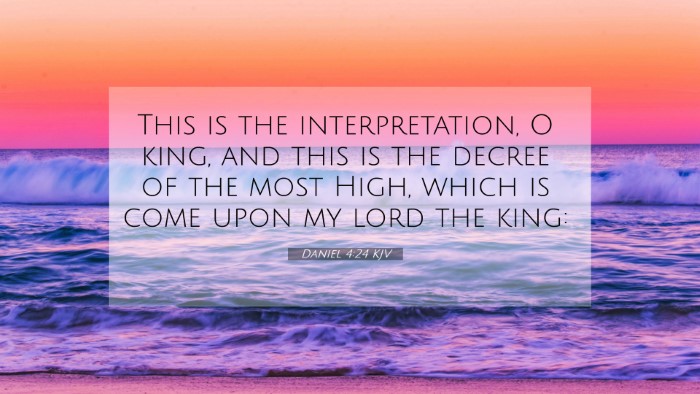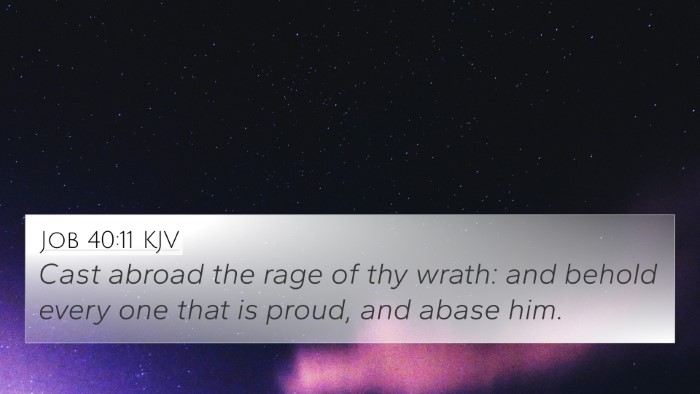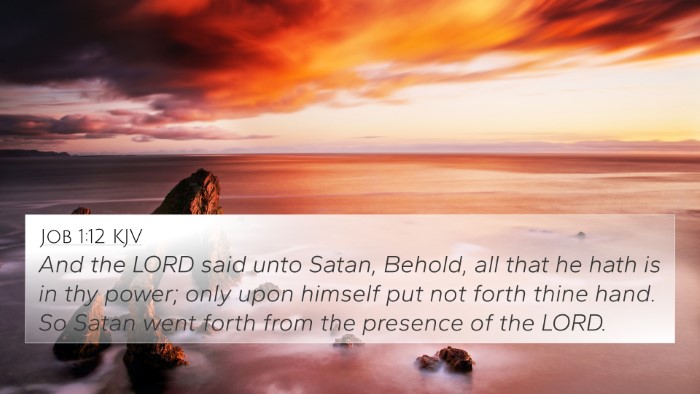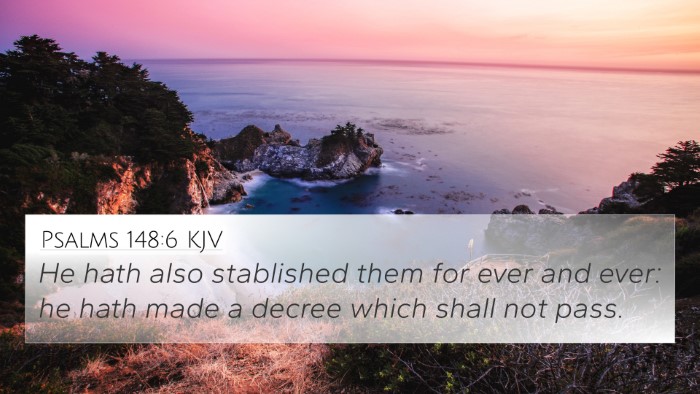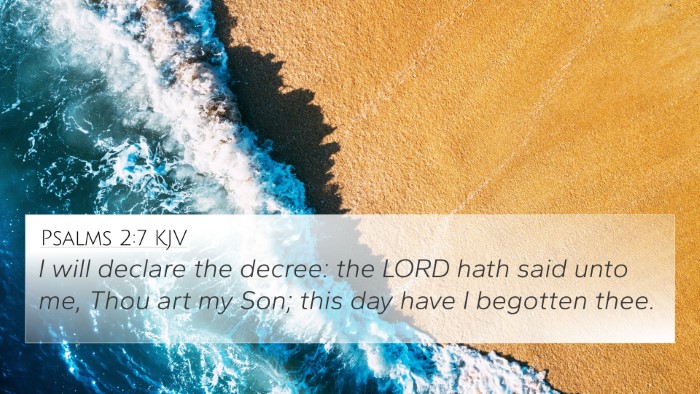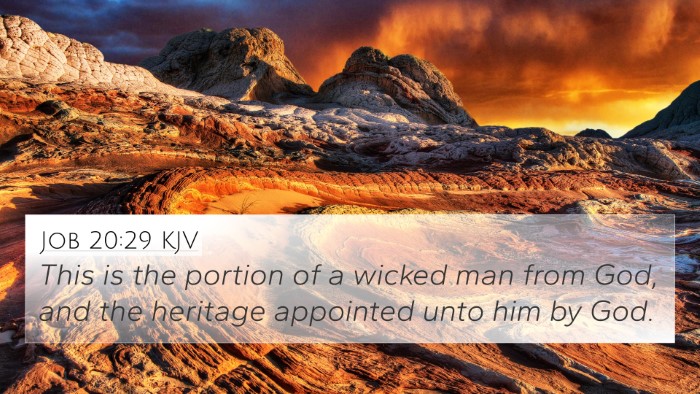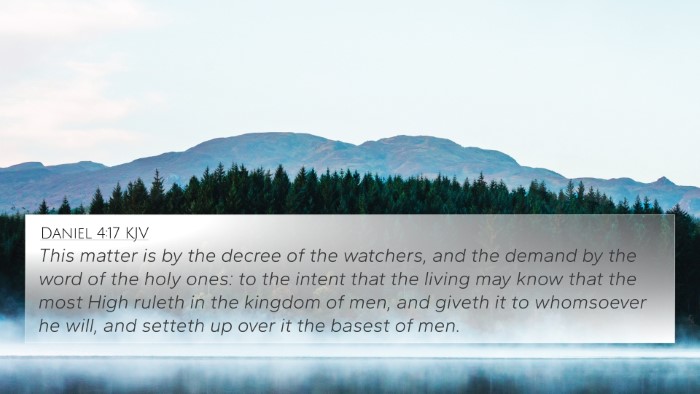Understanding Daniel 4:24
Daniel 4:24 states: "This is the interpretation, O king, and this is the decree of the Most High, which is come upon my lord the king."
This verse is situated at a critical juncture in the Book of Daniel, where Daniel is addressing King Nebuchadnezzar, revealing both his dream and its interpretation.
Commentary Insights
The interpretation provided by Daniel carries significant weight, not only as a message of divine sovereignty but also as a warning of impending judgment.
Below is a synthesis of insights drawn from prominent public domain commentaries including those of Matthew Henry, Albert Barnes, and Adam Clarke.
Matt. Henry's Commentary Insights
Matthew Henry emphasizes the authority of God, referring to Him as the "Most High."
He notes that the decree aligns with God’s ultimate power over earthly rulers, suggesting that even the most exalted position on earth is subordinate to divine will.
Henry also elucidates that God uses dreams and visions as instruments to communicate His purposes, offering clarity amid confusion.
Albert Barnes' Commentary Insights
Albert Barnes highlights that Daniel’s proclamation of interpretation signifies the beginning of a humbling process for the king.
Barnes explains that the "decree" refers to God’s judgment, which emphasizes personal accountability.
He asserts that the passage is a poignant reminder of the temporary nature of earthly power, as it is subject to God’s decree and authority.
Adam Clarke's Interpretation
Adam Clarke places importance on the nature of the decree itself, stating that it serves both as a warning and an assurance of God’s justice.
Clarke elaborates that the divine decree illustrates that while kingdoms may rise and fall, God's plan prevails.
He suggests that the interpretation is crucial for understanding God’s interaction with humanity, serving both judgment and grace.
Thematic Connections
Daniel 4:24 is rich in thematic content that parallels various other Scripture passages. These connections deepen our understanding of God’s sovereignty and the relationship between divine decrees and human authority.
Cross References
- Daniel 2:21: "And he changeth the times and the seasons: he removeth kings, and setteth up kings..." - Reflecting God's control of authority.
- Isaiah 40:23: "That bringeth the princes to nothing; he maketh the judges of the earth as vanity." - Highlighting God’s power over earthly rulers.
- Psalms 75:7: "But God is the judge: he putteth down one, and setteth up another." - Reinforcing the theme of divine judgment and sovereignty.
- Romans 13:1: "Let every soul be subject unto the higher powers. For there is no power but of God: the powers that be are ordained of God." - Establishing the heavenly origins of all authority.
- Job 12:24: "He taketh away the heart of the chief of the people of the earth, and causeth them to wander in a wilderness where there is no way." - Relating to the humbling of rulers.
- Revelation 19:16: "And he hath on his vesture and on his thigh a name written, KING OF KINGS, AND LORD OF LORDS." - The ultimate sovereignty of Christ as King over all.
- Proverbs 21:1: "The king's heart is in the hand of the Lord, as the rivers of water: he turneth it whithersoever he will." - Emphasizing God's control over rulers.
Connections Between Bible Verses
The verses above create an inter-Biblical dialogue that showcases the continuity of thought regarding God’s sovereignty and human authority.
Scholars often utilize cross-referencing biblical texts to enhance their understanding of similar themes.
This aligns with a deeper study of Scripture, revealing the interconnectedness found throughout the Bible.
Tools for Bible Cross-Referencing
Understanding the connections between Bible verses requires good tools. Recommended resources include a bible concordance,
bible cross-reference guide, and comprehensive bible cross-reference materials.
Utilizing these resources can aid in developing a robust understanding of the Scriptures.
Conclusion
Daniel 4:24 serves as a profound reminder of God’s authority over the affairs of men, emphasizing the importance of humility before the divine.
By exploring this verse within the broader context of the Scriptures and employing effective cross-referencing techniques, we can deepen our understanding of God’s consistent message throughout the Bible.
